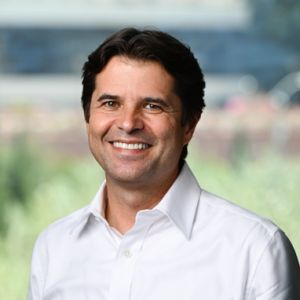
How do adolescents’ social experiences interact with biological development to shape their health and well-being? My colleagues and I address this question with multiple longitudinal studies of brain, behavior, and adjustment. We also work to integrate developmental science into policies, practices, and public discourse that impact young people.
In the Adolescent Development Lab at UCLA, we have collaborated with other faculty in Psychology and Psychiatry (Galván, Bower, Eisenberger, Lieberman, Cole, Irwin) to integrate behavioral science with brain and biological science, shedding light on the remarkable complexity and unique opportunities of the adolescent period. Our studies typically involve adolescents from diverse ethnic, immigrant, and economic backgrounds. Over the years, we have studied topics such as identity, family relationships, academic achievement, mental health, daily stress and coping, and physical health.
Youth’s prosocial behavior and contributions to their social worlds is one focus of our current work. We have shown that the fundamental brain developments during adolescence are closely tied to adolescents’ desire to help their families, friends, and strangers and the positive impact such help can have on psychological and physical health. As such, we have argued that adolescents have a fundamental need to contribute to their social worlds, and that policies and practices should provide young people with access to high quality opportunities to do so.
Another current focus has been the critical importance of sufficient, high quality, and consistent sleep for adolescents. Lack of such sleep is linked with multiple negative outcomes, including distress, substance use, and heightened inflammation. Obtaining good sleep can be particularly difficult for both high school and college students from families facing more economic challenges. We are currently working on testing different types of interventions to support healthy sleep practices during the transition to college, a particularly challenging time to obtain good sleep.
Along with Adriana Galván, I co-direct a unique science communications effort called the UCLA Center for the Developing Adolescent (CDA). The mission of UCLA CDA is to promote the integration of developmental science into policies, practices, and public discourse and advance a shared commitment to creating the conditions that support adolescents. We do this by sharing actionable insights from research in developmental science in multiple, accessible ways. These include working papers and briefs, presentations and panel discussions, and briefings and technical assistance for policymakers and practitioners around the country and world. We also hold meetings and convenings to bring together scientists, practitioners, and youth themselves to discuss how to best leverage the unique opportunities of the adolescent period to enable all young people to thrive.
Category: Spotlight
